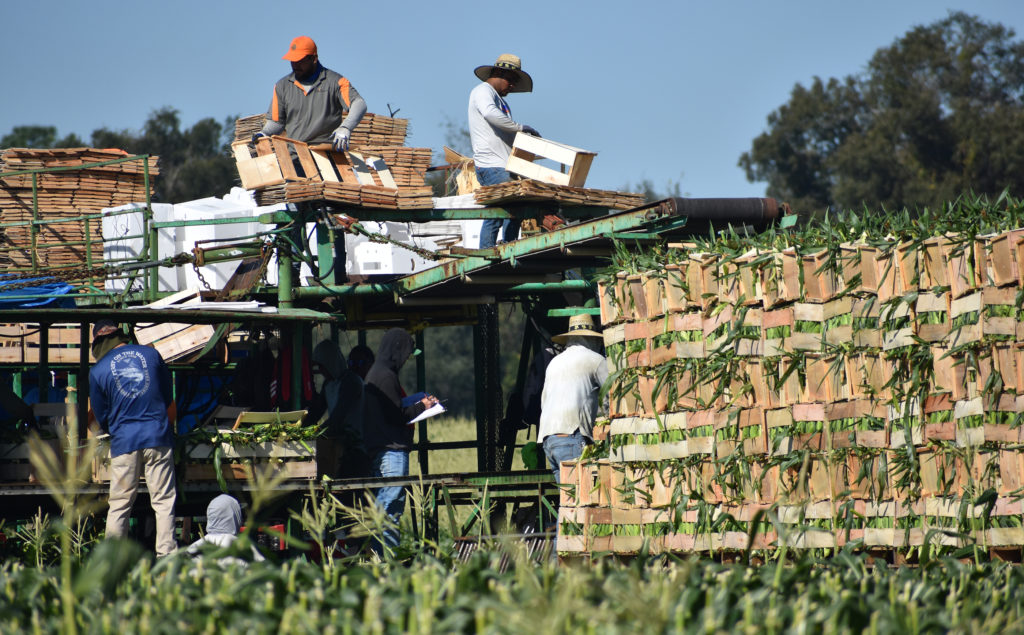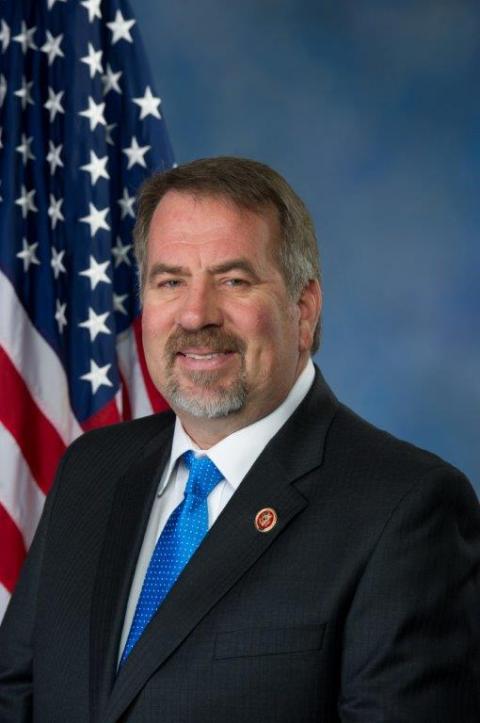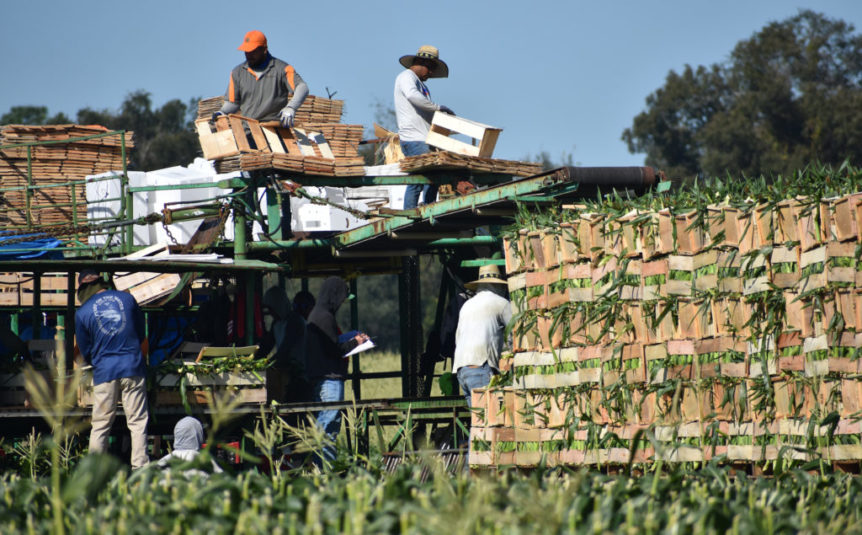
Funding for specialty crop mechanization and automation research needs to be included in the farm bill.
Representatives from multiple states issued a bipartisan letter in February urging the House Agriculture Committee to include federal financial support for mechanization and automation research in the next farm bill.
Specialty crop producers have long struggled with labor challenges, relying heavily on the H-2A program for a sufficient workforce. Mechanization would eventually alleviate the need for the labor that is currently required.

Representatives Doug LaMalfa (R-Calif.), Salud Carbajal (D-Calif.), Max Miller (R-Ohio) and Abigail Spanberger (D-Va.) led 30 Members of Congress in urging the committee, which includes chairman Glenn Thompson (R-Pa.) and Ranking Member David Scott (D-Ga.)
SCFBA Applauds Letter
The letter drew support from the Specialty Crop Farm Bill Alliance (SCFBA).
“We applaud the continued advocacy from Representatives LaMalfa, Carbajal, Miller and Spanberger for increased farm bill support and resources for mechanization and automation technologies in the specialty crop sector,” SCFBA co-chairs said in a joint statement. “The shrinking availability and rising cost of labor are major limiting factors for our specialty crop growers. Innovation is needed now more than ever to ensure our farmers, workers and consumers can count on a strong domestic industry now and in the future.

“These and other glaring pressures on American specialty crop growers point to the need for Congress to advance a new farm bill sooner rather than later.”
Cathy Burns, CEO of the International Fresh Produce Association; Mike Joyner, president of the Florida Fruit and Vegetable Association; Dave Puglia, president and CEO of Western Growers; and Kam Quarles, CEO of the National Potato Council, serve as co-chairs of the Specialty Crop Farm Bill Alliance.
As stated in the letter, labor expenses comprise between 40% and 70% of total expenses for specialty crop farming operations, compared to just under 15% for all of agriculture.
“The development and incorporation of innovative and accessible technology is therefore more critical than ever, both to bridge the gaps left by the shortage of human hands and equip the existing workforce with modern solutions to enhance their skill sets,” the letter read. “With dedicated federal funding and attention, we can better attract the private investment and ingenuity necessary to accelerate breakthroughs and commercialization.”
Click here to read the letter.










